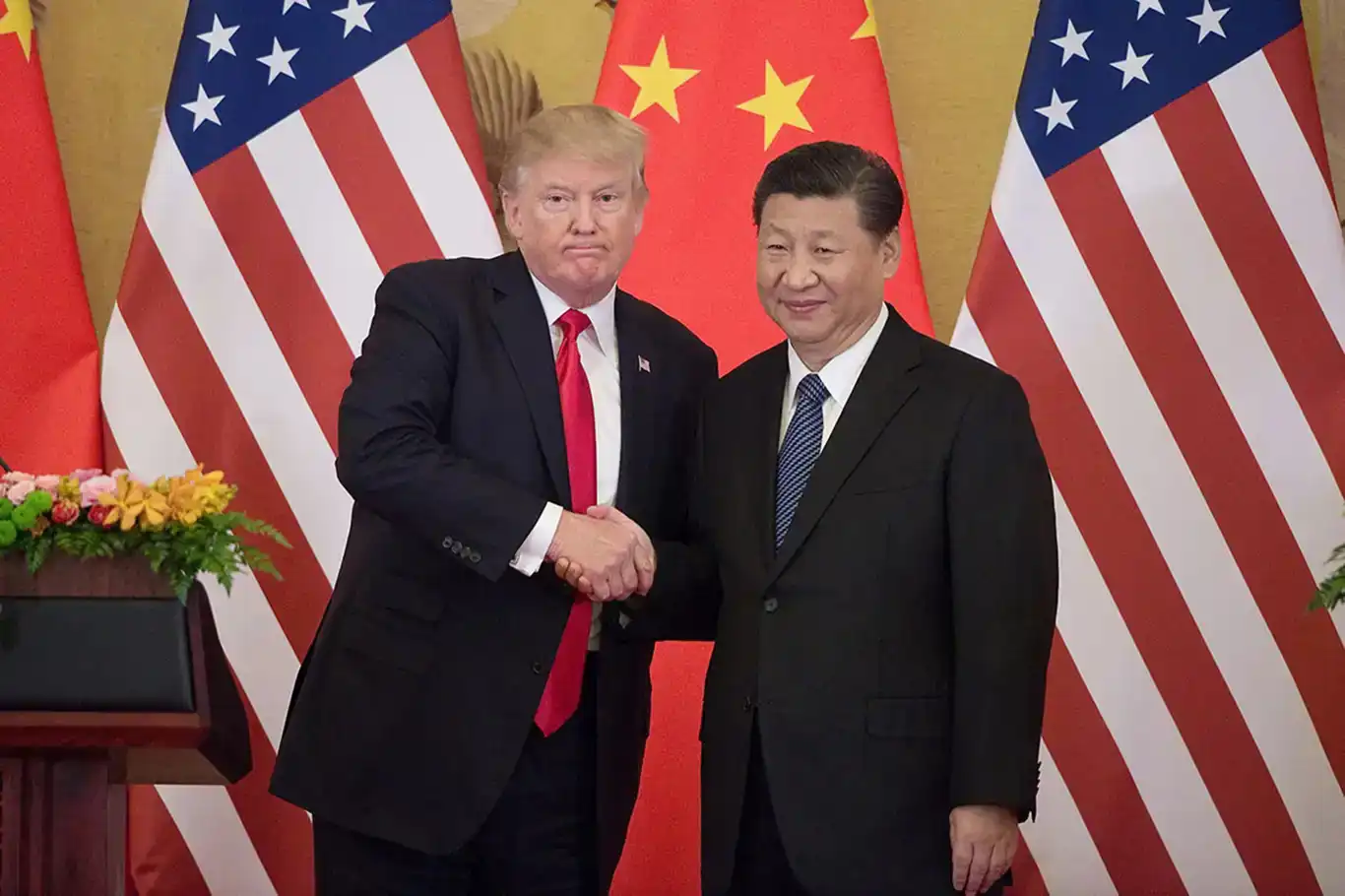Trump will meet with Xi in South Korea next week


The White House confirmed Thursday that U.S. President Donald Trump will meet Chinese President Xi Jinping in South Korea on October 30, on the sidelines of the Asia-Pacific Economic Cooperation (APEC) Summit, as the two leaders prepare to address deepening tensions between the world’s two largest economies.
The meeting, long anticipated but uncertain due to rising friction over trade and technology, will mark the first face-to-face encounter between Trump and Xi since Trump’s return to the presidency. According to officials, the bilateral session is expected to be one of the most closely watched meetings during the APEC gathering, which will take place in Gyeongju, South Korea, from October 31 to November 1.
Trump has recently threatened to impose an additional 100% tariff on Chinese imports beginning in November if Beijing does not reverse its tightened restrictions on rare earth exports, a critical component in global technology and defense industries.
Speaking earlier this week, Trump said he hoped the meeting would help both sides “work out a lot of our doubts and questions and our tremendous assets together,” adding, “I think something will work out. We have a very good relationship, but that will be a big one.”
The comments signal cautious optimism that dialogue could ease the renewed trade standoff between Washington and Beijing, which has weighed heavily on global markets and supply chains.
In a statement Friday, China’s Commerce Minister Wang Wentao expressed optimism over the planned talks, saying previous discussions proved it was “entirely possible to find solutions to each other’s concerns” and “promote the healthy, stable and sustainable development of China-U.S. economic and trade relations.”
Analysts say Beijing’s tone suggests China is seeking a pragmatic path forward amid economic headwinds and growing competition with the U.S. in areas such as semiconductors and critical minerals.
White House Press Secretary Karoline Leavitt confirmed that Trump’s Asia trip will include multiple high-level meetings, including a bilateral with South Korean President Lee Jae Myung and a working dinner with regional leaders.
The visit is part of a wider diplomatic tour of Asia that also includes Trump’s participation in the Association of Southeast Asian Nations (ASEAN) summit in Malaysia on Sunday. There, he is expected to meet with leaders from Malaysia, Japan, and South Korea — notably Japan’s new Prime Minister Sanae Takaichi.
Observers see Trump’s Asian trip as an attempt to reassert U.S. influence in the region and reinforce alliances amid rising geopolitical competition with China.
As Washington and Beijing prepare for renewed negotiations, the upcoming Trump–Xi meeting in Gyeongju could serve as a crucial test of whether both sides can prevent their rivalry from spiraling further — or whether another chapter of confrontation awaits. (ILKHA)
LEGAL WARNING: All rights of the published news, photos and videos are reserved by İlke Haber Ajansı Basın Yayın San. Trade A.Ş. Under no circumstances can all or part of the news, photos and videos be used without a written contract or subscription.
Two Russian military aircraft briefly entered Lithuanian airspace on Thursday, in an incident that has heightened tensions and sparked accusations of a deliberate provocation from Moscow.
The Orphans Foundation, an international humanitarian organization operating across multiple countries, has distributed monthly stipends for October to Yemeni orphans deeply affected by the ongoing aggression of the Israeli occupation regime and its ally, the United States.
World Health OTherganization (WHO) has urged the immediate opening of all border crossings to allow thousands of critically ill Gazans to leave the besieged enclave for treatment, calling the move a potential “game-changer” for the territory’s collapsing health system.
As a fragile ceasefire holds in Gaza, the war's lethal legacy lies buried beneath the rubble, with experts warning that clearing the enclave of unexploded Israeli munitions could take up to 30 years.